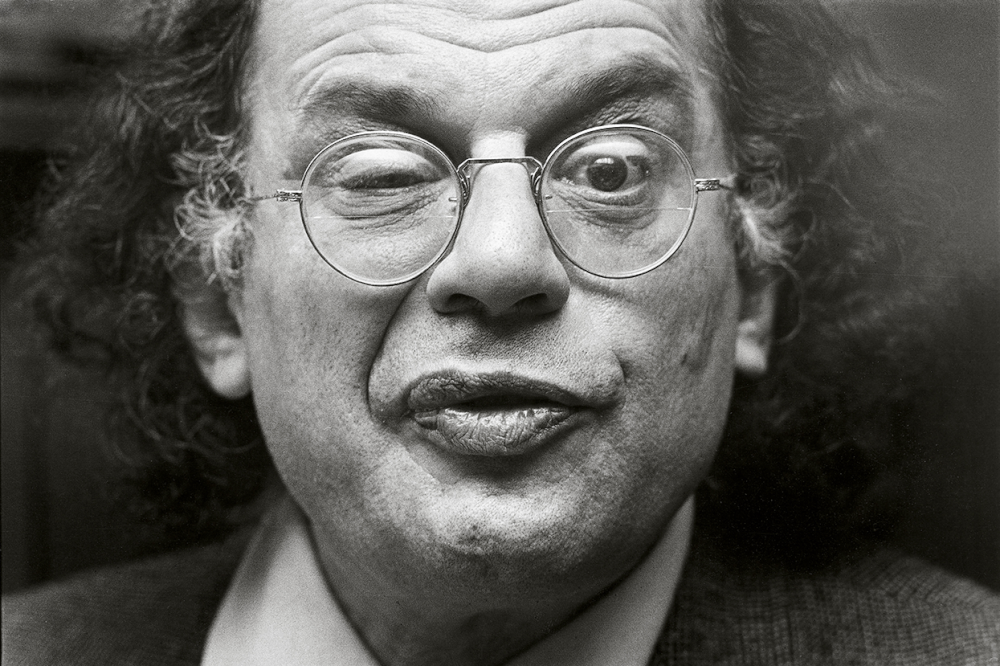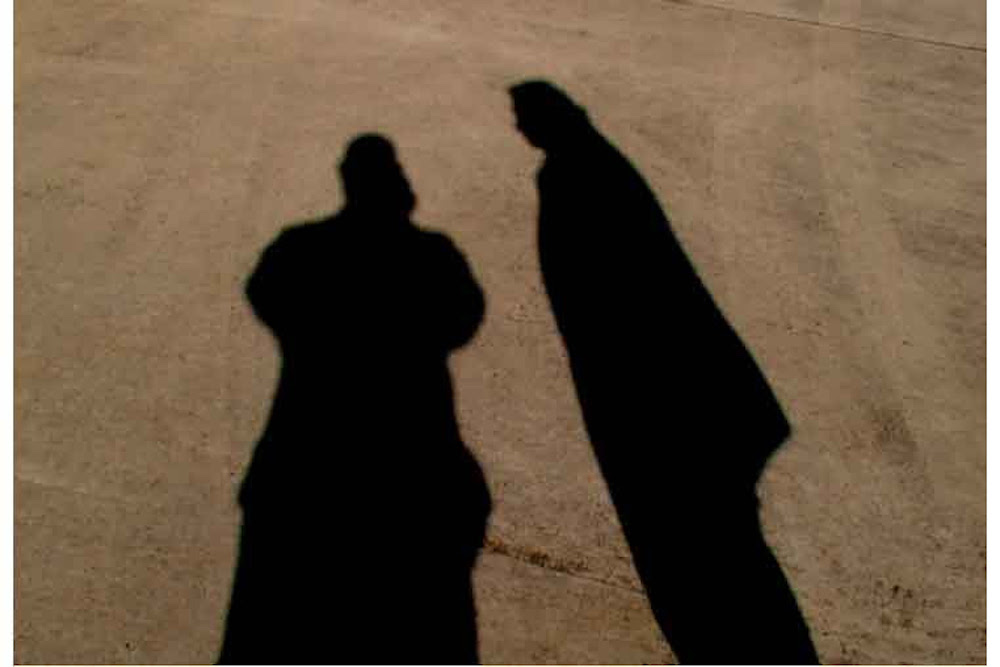Every week, the editors of The Paris Review lift the paywall on a selection of interviews, stories, poems, and more from the magazine’s archive. You can have these unlocked pieces delivered straight to your inbox every Sunday by signing up for the Redux newsletter.
This week at The Paris Review, we’re highlighting three archive pieces written by contributors to our new issue. Read on for Allen Ginsberg’s Art of Poetry interview, José Saramago’s “The Tale of the Unknown Island” (as translated by Margaret Jull Costa, subject of the Summer issue’s The Art of Translation No. 7), and Lucille Clifton’s poem “shadows.”
If you enjoy these free interviews, stories, and poems, why not subscribe to The Paris Review and read the entire archive? You’ll also get four new issues of the quarterly delivered straight to your door. And for as long as we’re flattening the curve, The Paris Review will be sending out a new weekly newsletter, The Art of Distance, featuring unlocked archival selections, dispatches from the Daily, and efforts from our peer organizations. Read the latest edition here, and then sign up for more.
Allen Ginsberg, The Art of Poetry No. 8
Issue no. 37 (Spring 1966)
INTERVIEWER
Has there been a time when fear of censorship or similar trouble has made your own expression difficult?
GINSBERG
This is so complicated a matter. The beginning of the fear with me was, you know, what would my father say to something that I would write. At the time, writing Howl—for instance like I assumed when writing it that it was something that could not be published because I wouldn’t want my daddy to see what was in there. About my sex life, being fucked in the ass, imagine your father reading a thing like that, was what I thought. Though that disappeared as soon as the thing was real, or as soon as I manifested my … you know, it didn’t make that much importance finally. That was sort of a help for writing, because I assumed that it wouldn’t be published, therefore I could say anything that I wanted. So literally just for myself or anybody that I knew personally well, writers who would be willing to appreciate it with a breadth of tolerance—in a piece of work like Howl. Who wouldn’t be judging from a moralistic viewpoint but looking for evidences of humanity or secret thought or just actual truthfulness.
The Tale of the Unknown Island
By José Saramago, translated by Margaret Jull Costa
Issue no. 151 (Summer 1999)
A man went to knock at the king’s door and said, Give me a boat. The king’s house had many other doors, but this was the door for petitions. Since the king spent all his time sitting at the door for favors (favors being offered to the king, you understand), whenever he heard someone knocking at the door for petitions, he would pretend not to hear, and only when the continuous pounding of the bronze door knocker became not just deafening, but positively scandalous, disturbing the peace of the neighborhood (people would start muttering, What kind of king is he if he won’t even answer the door), only then would he order the first secretary to go and find out what the supplicant wanted, since there seemed no other way of silencing him.
shadows
By Lucille Clifton
Issue no. 137 (Winter 1995)
In the latter days
you will come to a place
called memphis.
there you will wait for awhile
by the river mississippi
until you can feel the shadow
of another memphis and another
river. nile.wake up girl.
you dreaming …
And to read more from the Paris Review archives, make sure to subscribe! In addition to four print issues per year, you’ll also receive complete digital access to our sixty-seven years’ worth of archives.
from The Paris Review https://ift.tt/3eeMuDO



Comments
Post a Comment